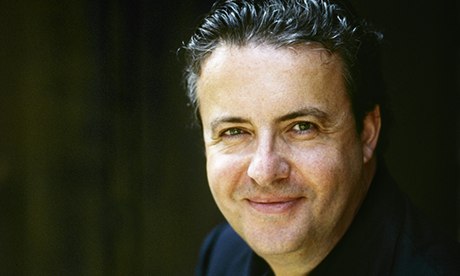
Strauss's Voice, the latest retrospective collaboration by the BBC Philharmonic, the Hallé and the Manchester Camerata, is structured round a survey of the composer's orchestral songs, and the centrepiece of the second concert of the series, given by the BBC Philharmonic under Juanjo Mena, was a performance of the Drei Hymnen, dating from 1921. Big, ecstatic settings of Hölderlin for dramatic soprano and a large orchestra, they anticipate both the Four Last Songs and the rapturous style of Richard Strauss's late operas, such as Daphne.
The demands on the musicians, however, are extreme, and successful performances are rare. The soprano in this instance was Soile Isokoski, a fine Strauss singer, with a marvellously gilded tone and a wonderful way with floated high notes. Unfortunately, however, her voice is simply not big enough for the piece itself. The second song, Rückkehr in die Heimat, nostalgic and delicately scored, suited her well. But its two companions need an altogether fuller sound. Isokoski didn't force her voice, and Mena held the orchestra back as much as he could. But there wasn't nearly enough of the full-throttle surging the work really needs.
Also Sprach Zarathustra and Don Quixote formed the rest of the programme in performances that showed Mena to be a Strausssian of real finesse and stature. He has a superb ear for tone colour. There's sensuality without self-indulgence in his interpretations. Zarathustra was admirably unhurried, the spacious tempi emphasising the music's organic flow. Don Quixote, its combination of wit and sincerity perfectly judged, was particularly beautiful and touching, with none of the hard-edged irony that so often creeps in. Steven Isserlis was the cello soloist, unmannered and dreamily romantic. Sancho Panza's garrulous viola utterances were played with terrific panache by the Philharmonic's own Steven Burnard.

